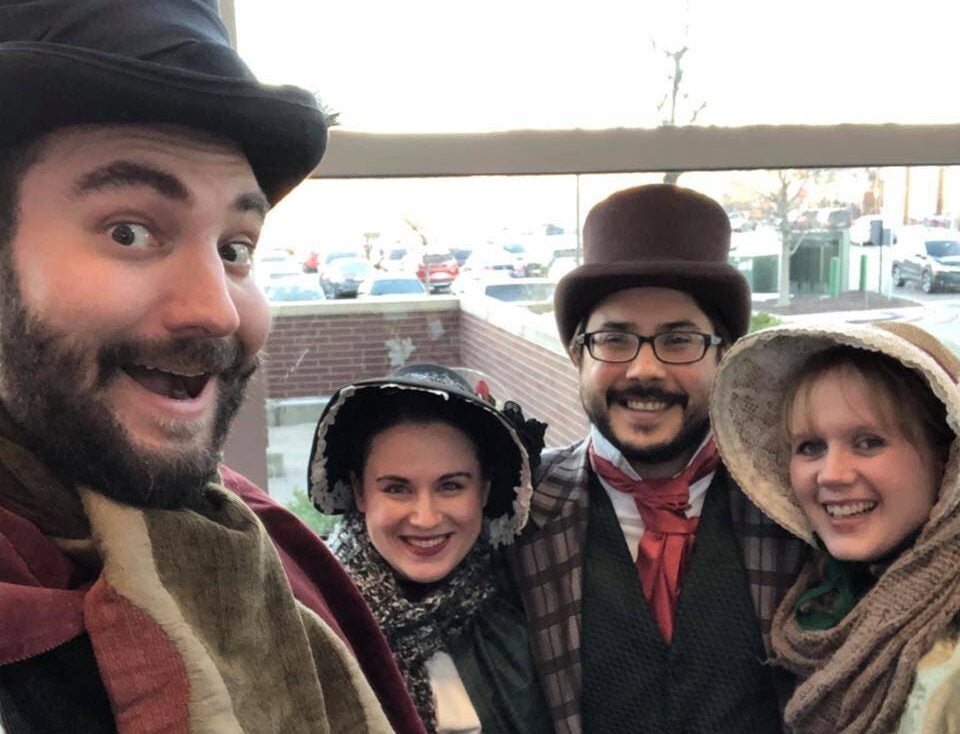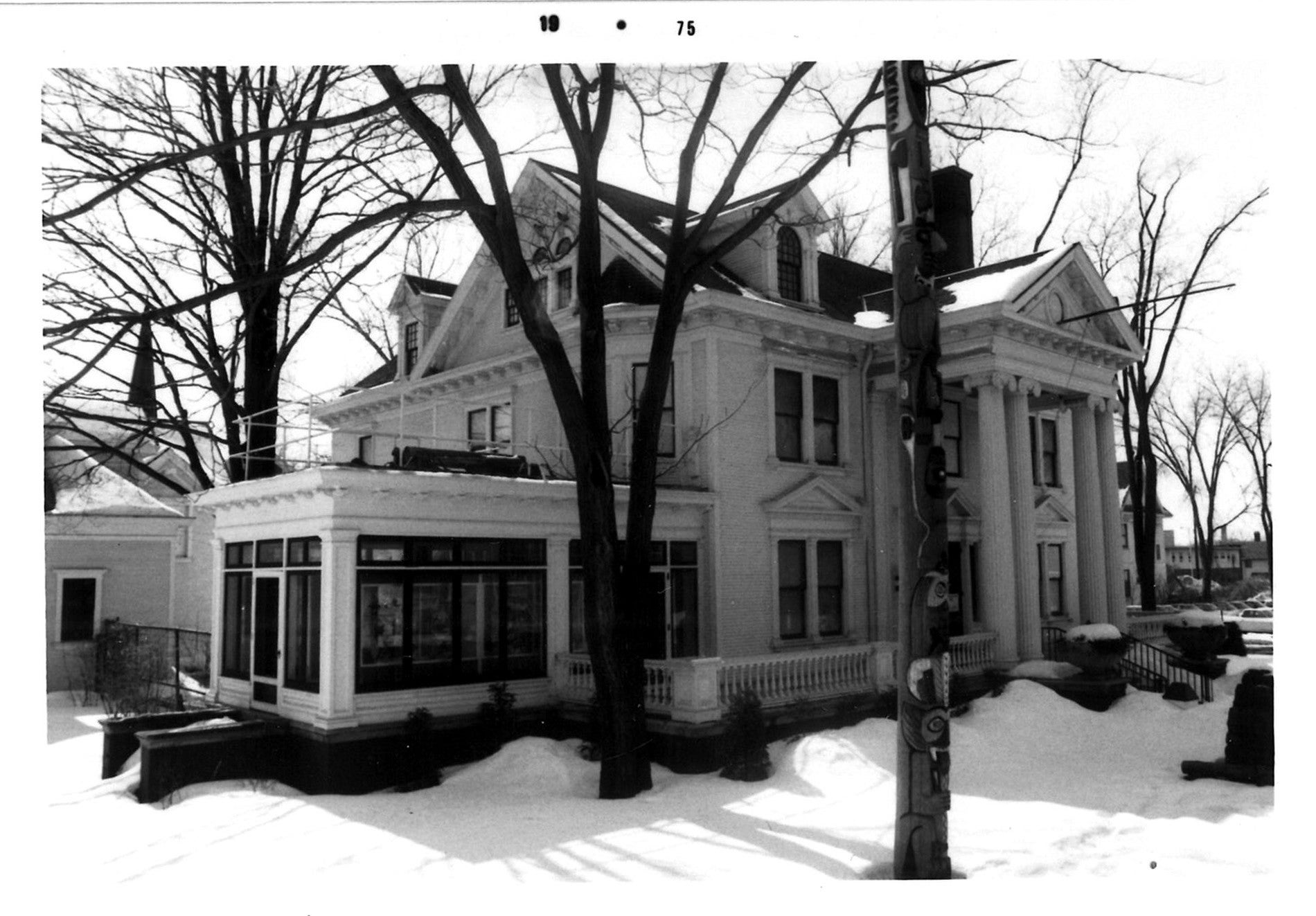Larry Meiller and his guest read between the lines of one of the best-loved books of the holiday season, Charles Dickens’ A Christmas Carol.
Featured in this Show
-
Author Shares Story Behind 'A Christmas Carol'
This time of year will find many turning to Charles Dickens’s classic ghost story, “A Christmas Carol.” The book, and its central character of miser Ebenezer Scrooge, first captivated Victorian-era England in 1843 and made its way — by boat — to the U.S. by January 1844.
At the time Dickens wrote “A Christmas Carol,” he was the most famous writer in the world, according to Michael Patrick Hearn, author of ” The Annotated Christmas Carol: A Christmas Carol in Prose (The Annotated Books).”
In the 19th Century, English law didn’t allow for copywriting dramatic interpretations of written material. So, as soon as “A Christmas Carol” was published, there were immediately live productions based on the novella. All plays had to get approval of the censor board in England and because of that, they have been preserved in British libraries. The plays helped Hearn gain insights into England at the time and provided information and explanations for his annotated version.
Dickens wrote “A Christmas Carol” in just a few weeks, according to Hearn. Dickens paid for the publication himself in order to get a larger percentage of the profits, but didn’t see profit for an entire year due to the book’s low price tag and its high-quality publication. The book was printed on cloth, had hand sketchings and gold leaf tops of pages.
Dickens was the first major writer to go on an author tour. The first part of his tour, he dedicated the profits to charity, Hearn said.
Like many books at the time, “A Christmas Carol” was pirated by other publishers. Dickens sued over the piracy and won the case, but ultimately lost the battle as the pirates claimed bankruptcy.
Dickens made a commentary on economics through Scrooge’s obsession with money. What would Dickens think of today’s Christmas?
“I think he would be appalled at some of the things that happen, such as fights that break out at Walmart and other places during Christmas sales,” Hearns said. “The aggression of selling would have been a bit much for him. He believed that people should be celebrating with their family and celebrating the goodness and not negative of human nature.”
Hearn said that Dickens hoped his writing would change individuals for the better. When people, like Scrooge, become better individuals, society will improve and “enliven the Christmas spirit year round.”
Dickens was so linked to Christmas spirit that when he died, Hearn said, a little girl was said to have asked, “Will Father Christmas die as well?”
For many families, it’s a Christmas tradition to listen to or read “A Christmas Carol” aloud. Dickens wrote it to be read aloud so as to be shared within the family, Hearn said.
To hear the story, Wisconsin Public Radio recently rebroadcast Orson Welles’ narration of “A Christmas Carol” on its program, “Old Time Radio Drama.”
Episode Credits
- Larry Meiller Host
- Judith Siers-Poisson Producer
- Michael Patrick Hearn Guest
Wisconsin Public Radio, © Copyright 2025, Board of Regents of the University of Wisconsin System and Wisconsin Educational Communications Board.


